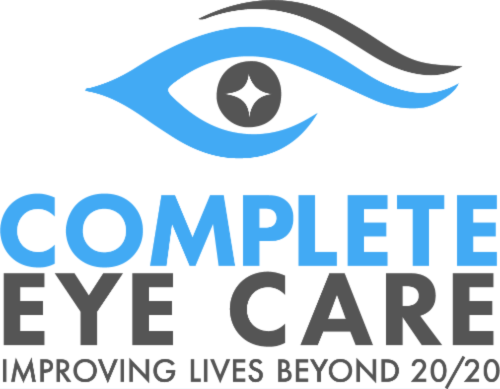 Tears are an important part of allowing us to see both clearly and comfortably. Healthy tears allow for a smooth refractive surface for incoming light, and protect the eye against bacteria and foreign substances and objects. So, what are tears made of, and how do they help you in your everyday life?
Tears are an important part of allowing us to see both clearly and comfortably. Healthy tears allow for a smooth refractive surface for incoming light, and protect the eye against bacteria and foreign substances and objects. So, what are tears made of, and how do they help you in your everyday life?
Structure of Tears
Tears are made up of three layers: oil, water and mucous.
The oily layer is on the outside. It slows down the evaporation of tears so that they eye doesn’t dry out too quickly. This layer is produced by tiny glands in the eyelids called the meibomian glands.
The water layer is in the middle, and makes up the majority of the tear. This layer is important for supplying nutrients to the eye and preventing infection from bacteria or foreign objects or irritants such as sand or dust. This layer also plays an important part in healing damage in the eye.
The mucus layer is the one that sits closest to the eye. It coats the cornea, the clear part at the front of your eye. This layer helps the tears evenly distribute over the entire surface of the eye, and is produced by small glands called goblet cells.
The Three Types of Tears
Several different types of tears exist, with different uses and compositions. The tear we cry when we’re happy or sad are different from the tears that our eyes produce as part of an allergic reaction. And both these tears are different from the ones used to keep our eyes lubricated throughout the day.
Humans produce the following three kinds of tears:
- Basal - These tears are the type used to keep the eye lubricated and comfortable.
- Reflex - The eye produces these tears in response to irritants such as dust, sand or other small foreign objects in our eyes.
- Psychogenic - These are “crying” tears. They have a lot of protein in them, which thickens them up and causes them to stream down your face more slowly than other types of tears. This is useful for communicating to others that these tears are part of an emotional response. These tears also have more stress hormones such as adrenocorticotropic hormone and leucine enkephalin (a natural painkiller) in them, suggesting that they play an important role in balancing stress hormone levels when you feel intense emotion.
Tears are an incredibly important part of keeping your eyes healthy and your vision clear. Want to learn more? Come visit our Belmont eye doctors at Complete Eye Care or give us a call at 704-825-9002 today!
